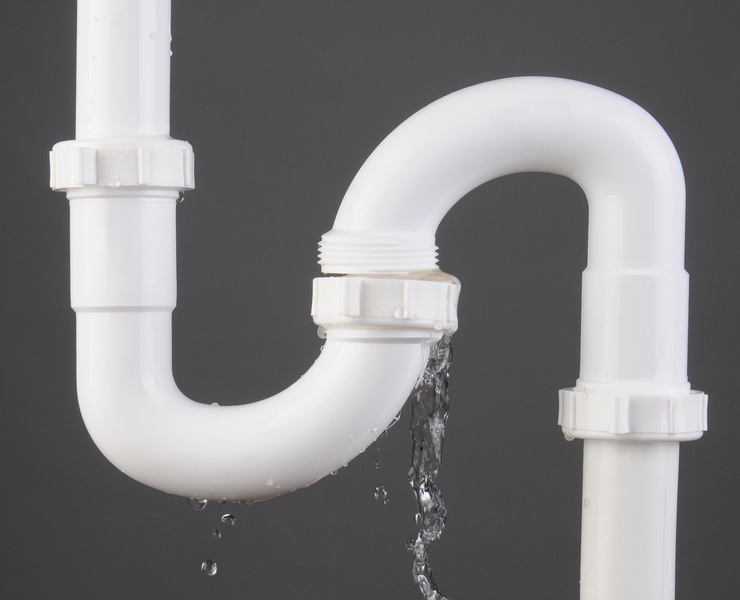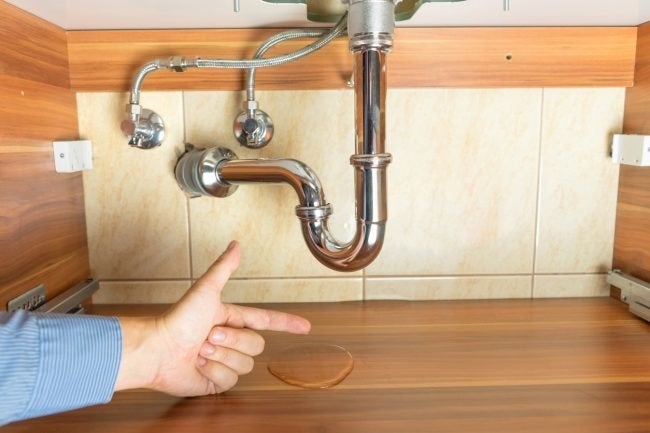This post below pertaining to Locating water leaks is incredibly attention-grabbing. Try it and make your own ideas.

Early detection of dripping water lines can mitigate a prospective disaster. Some tiny water leakages might not be visible.
1. Analyze the Water Meter
Every residence has a water meter. Checking it is a guaranteed manner in which aids you discover leakages. For beginners, switch off all the water sources. Guarantee nobody will flush, utilize the tap, shower, run the cleaning maker or dish washer. From there, most likely to the meter and watch if it will certainly alter. Because nobody is using it, there must be no movements. If it moves, that indicates a fast-moving leakage. If you detect no changes, wait an hour or two and also examine back once again. This indicates you might have a sluggish leak that might also be underground.
2. Examine Water Intake
If you detect sudden adjustments, despite your usage being the exact same, it means that you have leaks in your plumbing system. An unexpected spike in your costs indicates a fast-moving leakage.
Meanwhile, a consistent boost on a monthly basis, even with the same routines, reveals you have a slow leakage that's likewise slowly intensifying. Call a plumber to completely check your home, specifically if you really feel a cozy area on your floor with piping below.
3. Do a Food Coloring Examination
When it comes to water consumption, 30% comes from toilets. If the shade somehow infiltrates your dish throughout that time without flushing, there's a leakage between the tank and also bowl.
4. Asses Outside Lines
Don't forget to examine your outdoor water lines also. Test faucets by attaching a yard hose pipe. Needs to water permeate out of the connection, you have a loosened rubber gasket. Replace this as well as ensure all connections are limited. If you've got a sprinkler system, it will certainly aid get it expertly took a look at and maintained every year. One little leak can lose lots of water and increase your water bill.
5. Examine the circumstance and evaluate
Home owners must make it a practice to check under the sink counters and also even inside cupboards for any kind of bad odor or mold and mildew development. These two red flags suggest a leak so prompt interest is needed. Doing routine assessments, also bi-annually, can conserve you from a major issue.
Inspect for stainings and also deteriorating as many pipes and also home appliances have a life expectations. If you think dripping water lines in your plumbing system, don't wait for it to rise.
Early detection of dripping water lines can reduce a possible disaster. Some small water leakages may not be visible. Examining it is a proven means that helps you find leaks. One small leakage can throw away bunches of water and spike your water bill.
If you think dripping water lines in your plumbing system, do not wait for it to intensify.
WARNING SIGNS OF WATER LEAKAGE BEHIND THE WALL
PERSISTENT MUSTY ODORS
As water slowly drips from a leaky pipe inside the wall, flooring and sheetrock stay damp and develop an odor similar to wet cardboard. It generates a musty smell that can help you find hidden leaks.
MOLD IN UNUSUAL AREAS
Mold usually grows in wet areas like kitchens, baths and laundry rooms. If you spot the stuff on walls or baseboards in other rooms of the house, it’s a good indicator of undetected water leaks.
STAINS THAT GROW
When mold thrives around a leaky pipe, it sometimes takes hold on the inside surface of the affected wall. A growing stain on otherwise clean sheetrock is often your sign of a hidden plumbing problem.
PEELING OR BUBBLING WALLPAPER / PAINT
This clue is easy to miss in rooms that don’t get much use. When you see wallpaper separating along seams or paint bubbling or flaking off the wall, blame sheetrock that stays wet because of an undetected leak.
BUCKLED CEILINGS AND STAINED FLOORS
If ceilings or floors in bathrooms, kitchens or laundry areas develop structural problems, don’t rule out constant damp inside the walls. Wet sheetrock can affect adjacent framing, flooring and ceilings.
https://www.servicemasterbyzaba.com/blog/how-to-detect-water-leakage-in-walls/

Do you enjoy reading about Finding hidden leaks? Give a remark below. We will be interested to see your ideas about this page. Hoping that you come back again soon. So long as you enjoyed our post kindly remember to pass it around. Many thanks for your time. Visit us again soon.